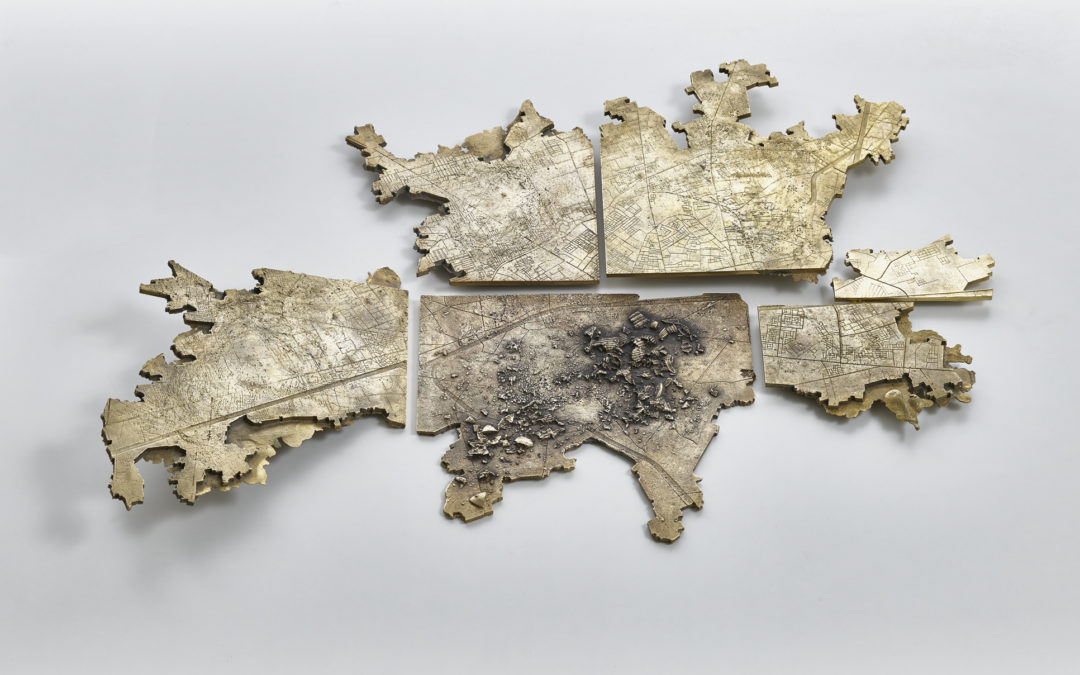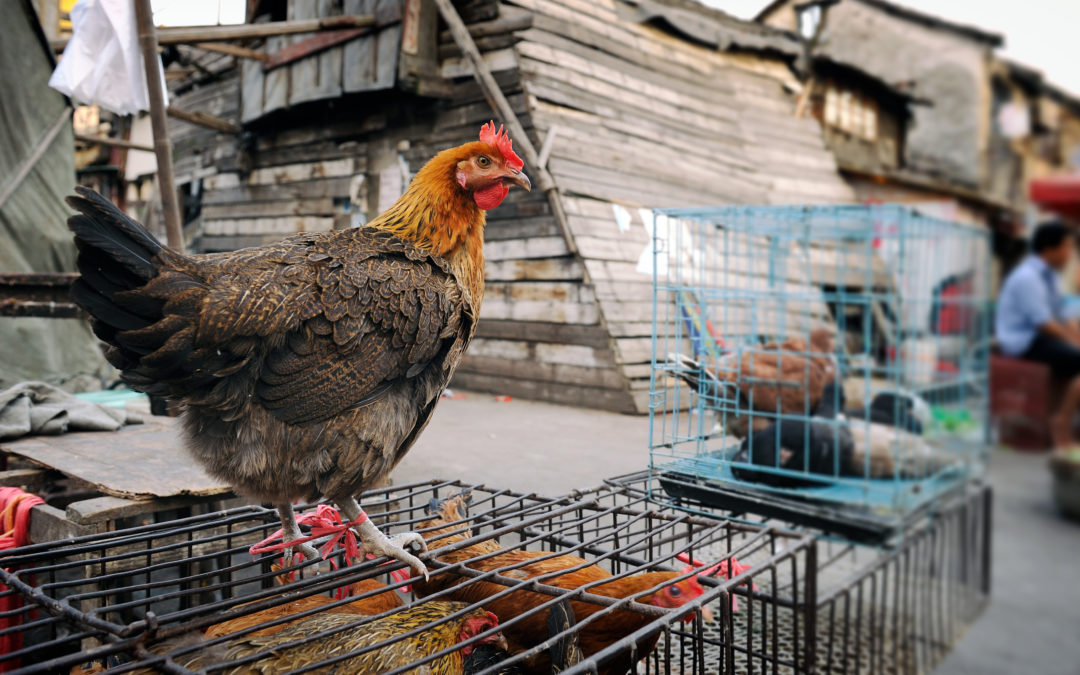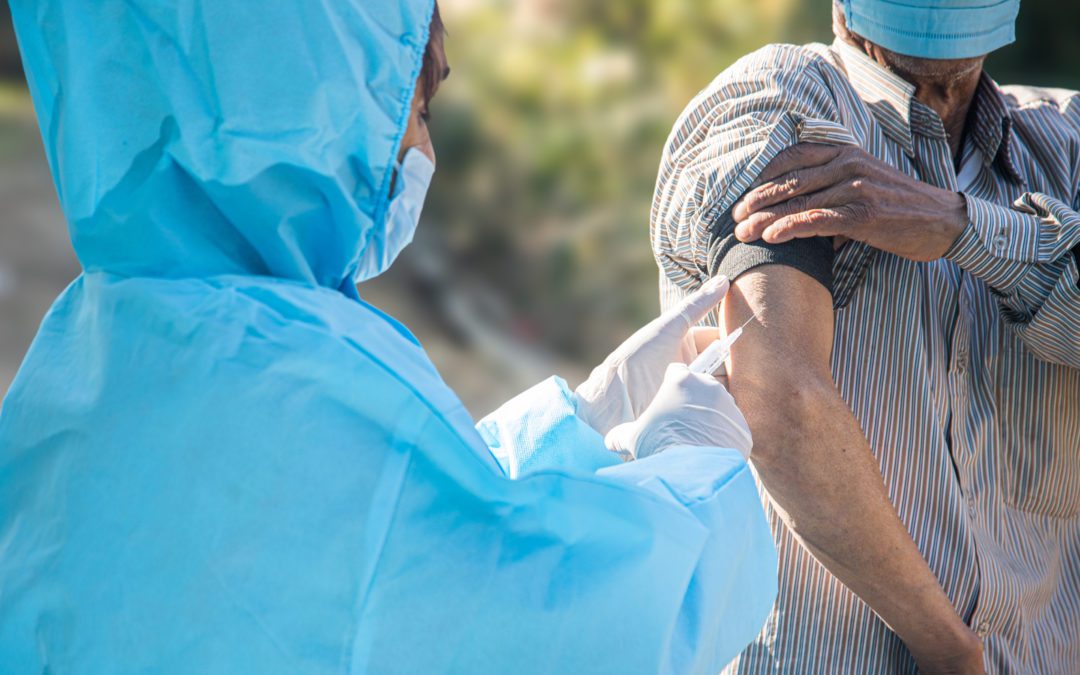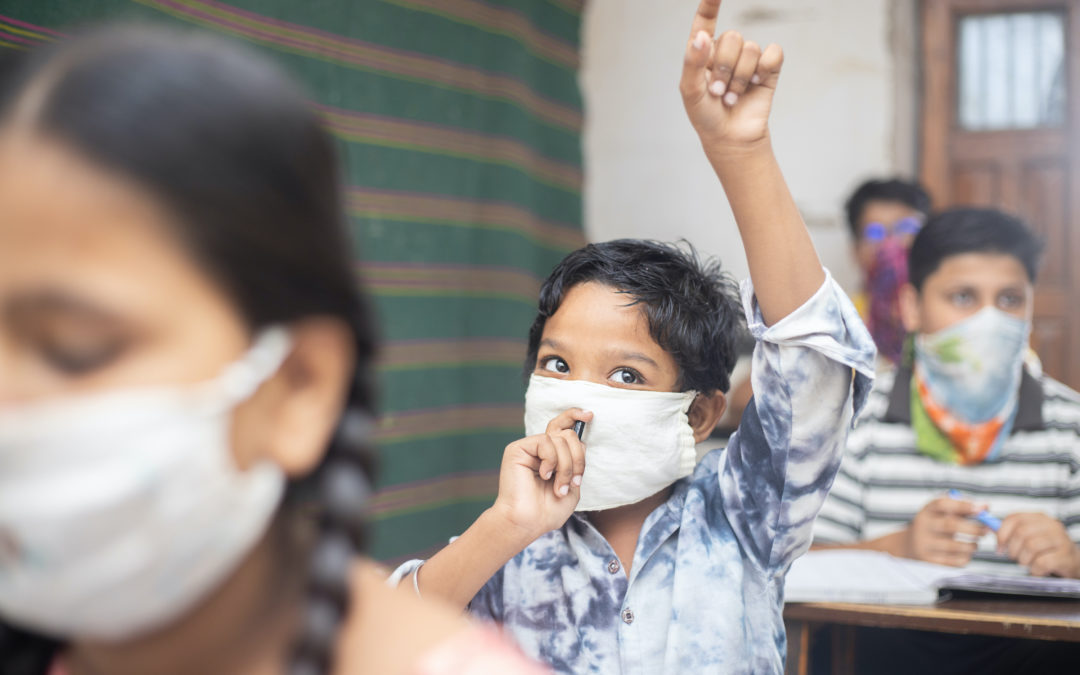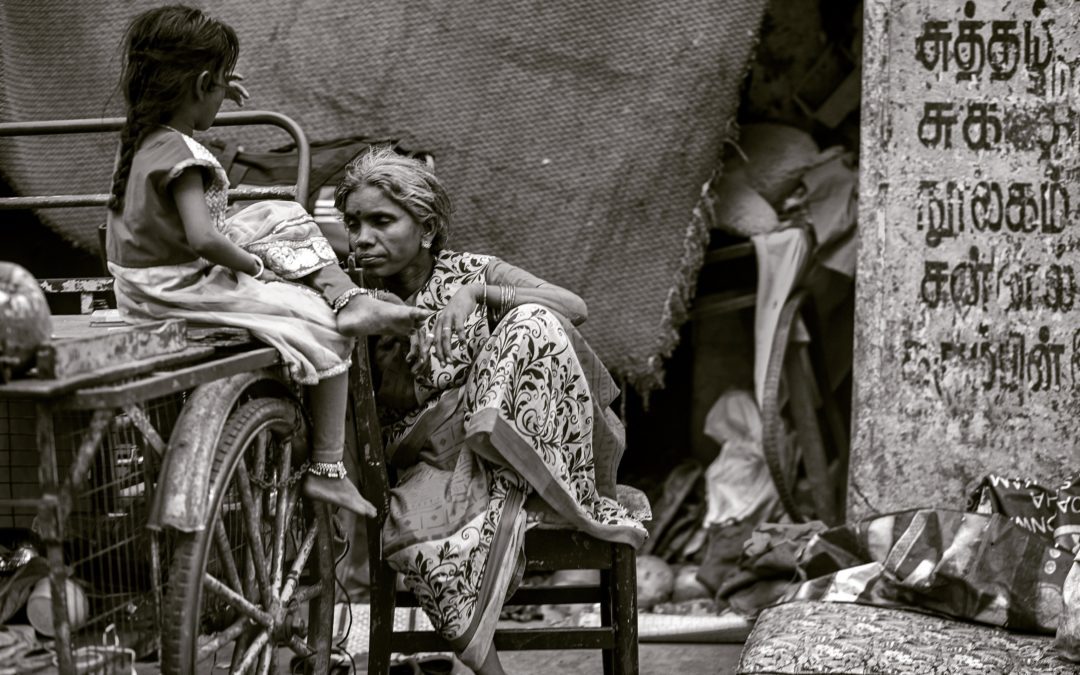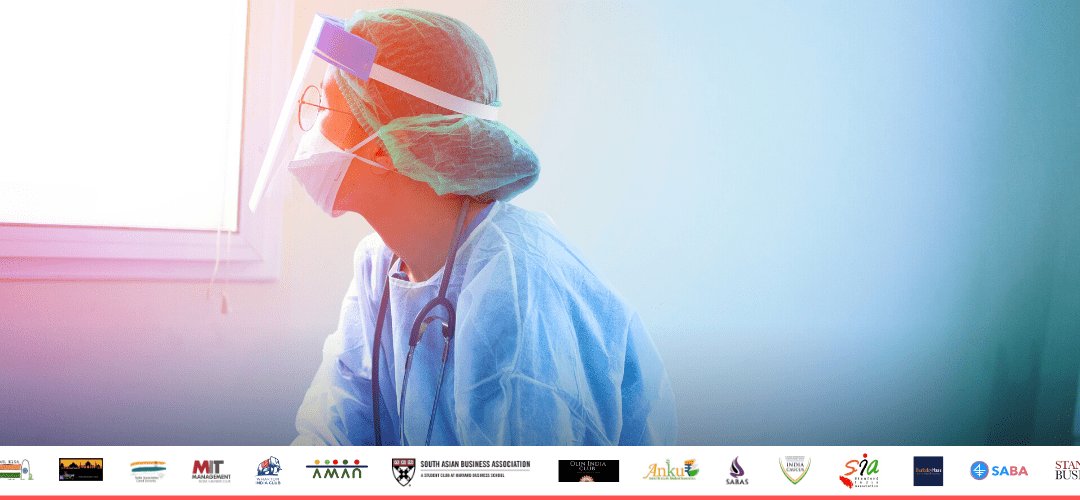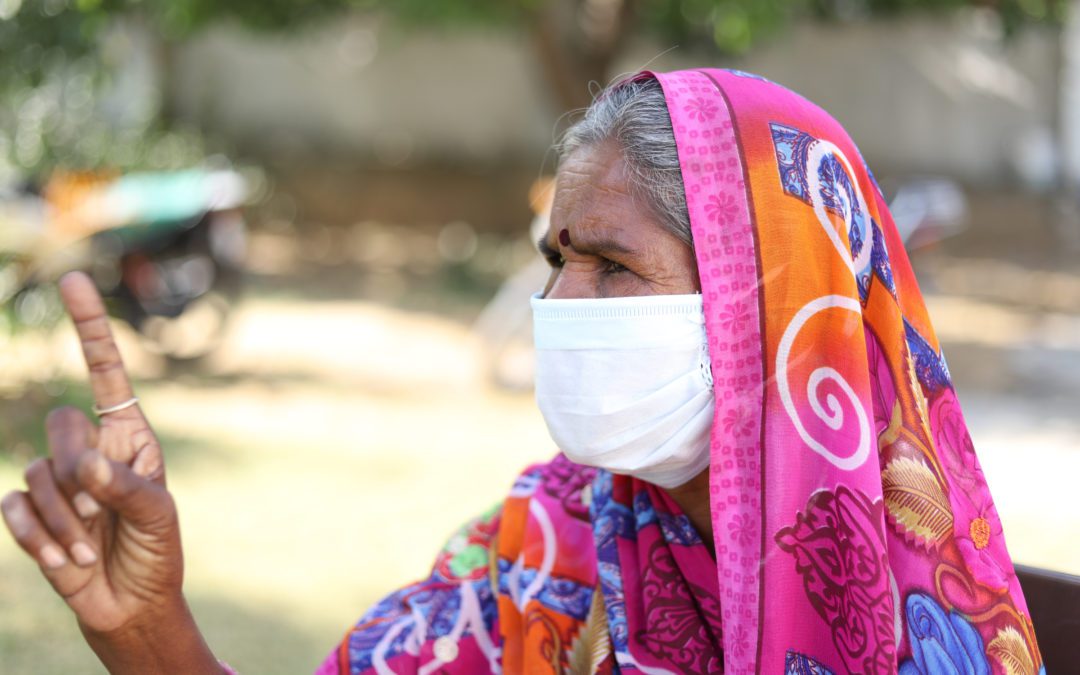The Mittal Institute’s 2021 Seed for Change Winners

With a focus on innovation and entrepreneurship in India and Pakistan, the Mittal Institute’s annual Seed for Change competition aims to award Harvard students with grant prizes for interdisciplinary student projects that positively impact societal, economic, and environmental issues. Learn more about the funded projects.

